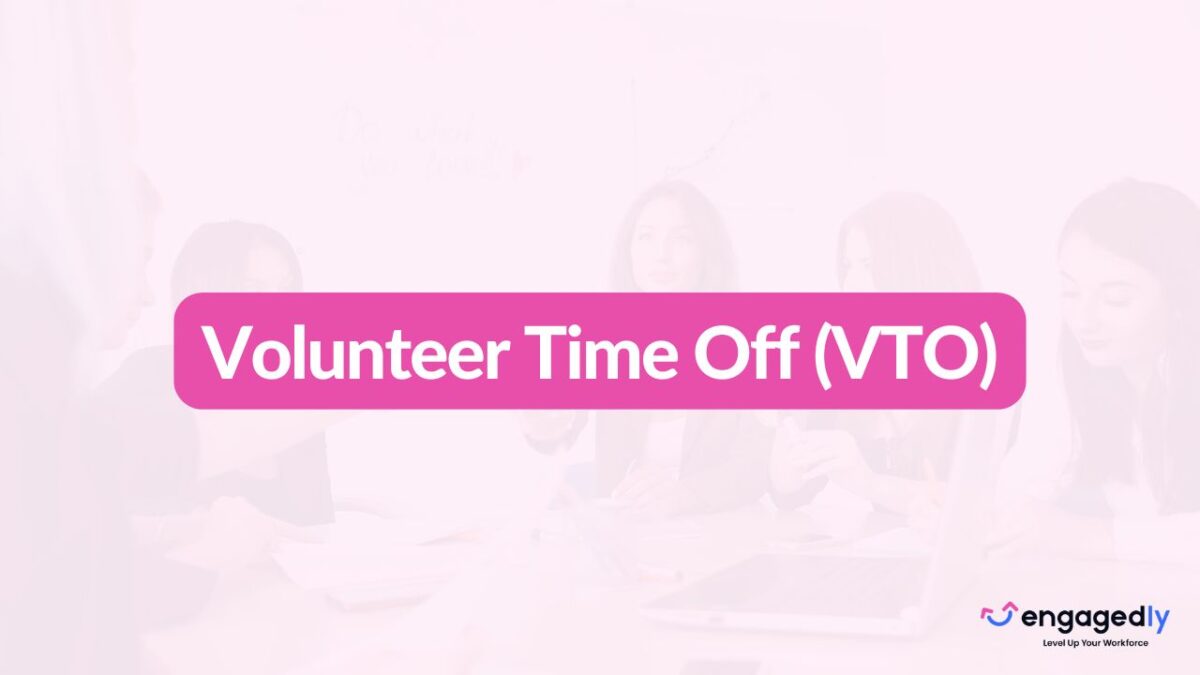Volunteer Time Off (VTO) is a type of employer-sponsored paid leave that allows employees to take time off during regular work hours to volunteer for nonprofit organizations or community service projects. It’s an increasingly popular corporate benefit that supports social responsibility while promoting employee engagement and morale.
Key Benefits of VTO for Employers and Employees
1. Stronger Employer Branding
Organizations that offer VTO are often seen as purpose-driven and socially conscious, making them more attractive to values-aligned job seekers.
2. Improved Employee Retention
Employees with access to VTO are more likely to feel connected to their company’s mission, contributing to greater job satisfaction and lower turnover.
By encouraging community involvement, companies can build stronger local relationships and contribute to causes that matter to their workforce.
4. Boosted Team Morale
Participating in volunteer events fosters team bonding and helps employees develop skills like leadership, empathy, and collaboration.
How Does Volunteer Time Off Work?
- Eligibility: Typically offered to full-time employees after a probationary period.
- Hours Offered: Companies may offer between 8 and 40 hours of VTO per year, depending on the policy.
- Causes Supported: Employees are encouraged to support registered nonprofits, local schools, environmental initiatives, and other approved causes.
- Approval Process: VTO requests usually follow the same time-off request procedure as vacation or sick leave.
Best Practices for Implementing a VTO Policy
- Define guidelines: Specify how many hours are available, what types of volunteer work qualify, and how time off is tracked.
- Align with company values: Focus VTO on causes that reflect your organization’s mission.
- Track participation: Monitor how often employees use VTO to evaluate program impact.
- Celebrate involvement: Share volunteering stories internally to encourage participation and recognize employees who give back.
Is VTO Paid or Unpaid?
In most cases, VTO is paid time off, meaning employees are compensated as if they were working. It differs from unpaid volunteering leave or using personal time off (PTO). Some companies may cap the number of VTO hours or combine them with CSR (corporate social responsibility) programs.
Why More Companies Are Offering VTO in 2025
As Gen Z and Millennials dominate the workforce, expectations for companies to offer purpose-driven work experiences are rising. VTO helps bridge the gap between business and community while fostering a values-based workplace culture.

